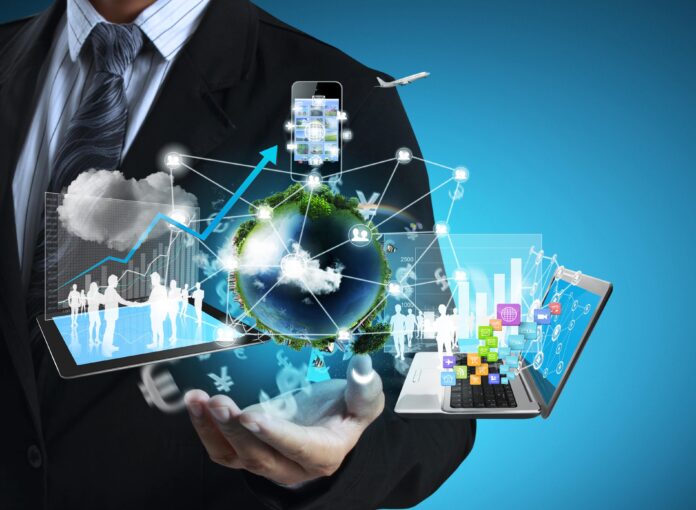
Technology has evolved at a rapid rate over the past decade, and it is expected to keep advancing for the foreseeable future.
The current landscape looks a lot different than back in 2010, so read on as we look at ten of the most significant technological developments of the last ten years.
1. Digital Payments

Digital payments have undergone a seismic shift in recent years and are now the ‘go-to’ method for millions of people and businesses around the world.
The advancements have been driven by increased demand for safe and secure payment methods, and this trend is unlikely to slow down any time soon.
PayPal was one of the earliest electronic money transfer services to launch back in 1999, but there are now dozens of different options to choose from.
According to ComputingNews.com, the likes of Amazon Pay, Google Pay, TransferWise, Payoneer and Skrill are amongst a plethora of platforms worth considering.
2. Instagram

Instagram is undoubtedly one of the biggest tech success stories of recent years, ending the decade as the fourth most downloaded mobile app of the decade.
First launched in 2010, the photo and video sharing service was acquired by Facebook for approximately $1 billion in cash and stock just two years later.
Instagram passed one billion registered users in June 2018 and is firmly established as one of the big guns on the social networking scene.
The photo-editing and sharing app has turned people into amateur photographers and transformed the way we share our experiences with the world.
3. Twitch
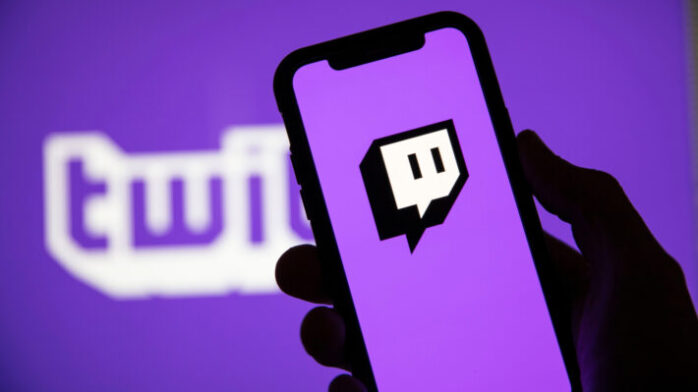
Twitch was initially an off-shoot of general-interest streaming platform Justin.tv, but it has since grown into a global phenomenon in its own right.
It focuses on video game live streaming and has been the driving force behind the emergence of eSports as a mainstream entertainment activity.
The service was acquired by Amazon for $970 million in 2014 and has since gone on to attract around three million broadcasters monthly.
Twitch ended the decade by signing exclusivity deals with high-profile streamers such as DrLupo, TimTheTatman and Lirik, who had a combined 10.36m followers at the time.
4. Slack
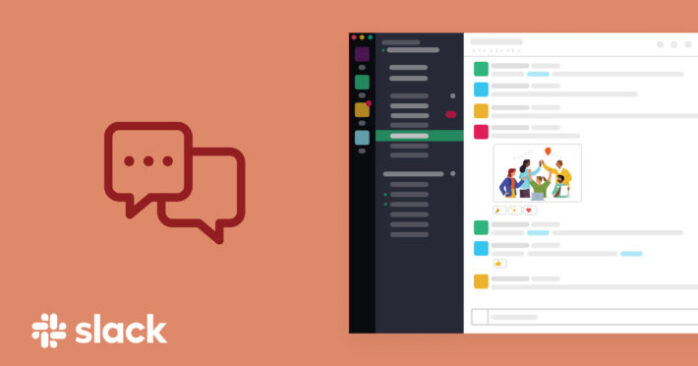
Team messaging service Slack has helped to facilitate a significant shift towards remote working since its launch back in August 2013.
Its intuitive interface, custom channels and integrations have transformed the way that we interact with colleagues, making businesses much more efficient.
The service has also been adopted as a community platform, largely replacing message boards or social media groups.
Slack went public without an initial public offering during April 2019 and saw its shares soar to a valuation of $21bn.
5. Oculus VR
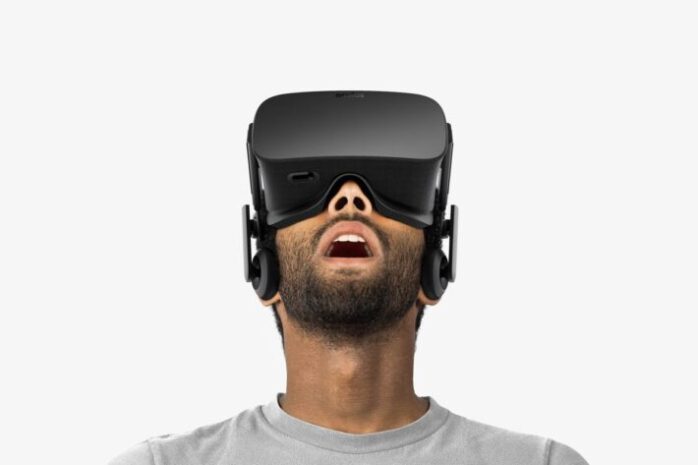
The launch of the Oculus Virtual Reality (VR) headset in 2012 created a buzz in the tech industry that continued throughout the rest of the decade.
Oculus was subsequently acquired by Facebook for $2.3bn in 2014, and its products have continued to generate plenty of excitement.
VR has been tipped to impact numerous sectors, including video gaming, online gaming, real estate and construction, highlighting the scope of its possibilities.
According to a study by Statista, the AR (augmented reality) and VR market will boom over the next few years, from $16.8bn in 2019 to $160bn by 2025.
6. Apple Watch
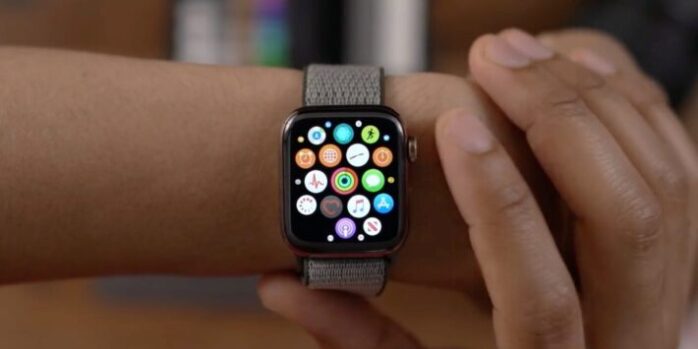
The Apple Watch wasn’t the first smartwatch to arrive on the scene when first launched in 2015, but it redefined the way subsequent products were made.
It quickly became the best-selling wearable device in the world, with more than four million sold during the second quarter of that year.
The company has often been coy about releasing sales figures, but analysts estimated that Apple Watch was already a $10bn business inside 12 months.
The tech advanced swiftly during the rest of the decade, with the sixth-generation model including features such as measuring the sound around you in decibels and menstrual tracking.
7. PlayStation 4 & Xbox One
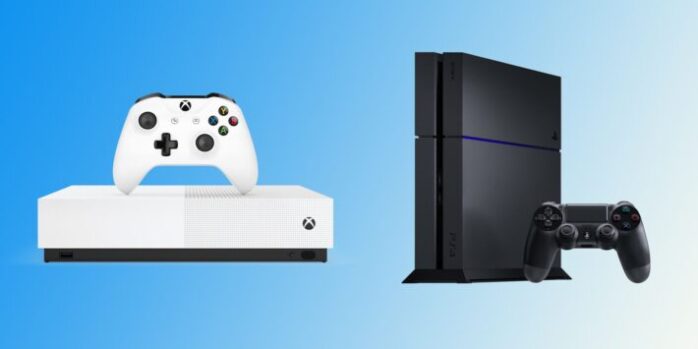
The launch of the next-generation game consoles towards the end of 2025 brought back memories of an epic battle from seven years ago.
Sony and Microsoft went head-to-head for supremacy in the market in 2013 as they launched the Xbox One and the PlayStation 4.
The fight was expected to be a close one, but the PS4 blew its rival out of the water by shifting more than double in units by the end of 2019.
However, both consoles revolutionized the gaming sector, and it would be no surprise to see the latest incarnations achieve the same feat.
8. Amazon Echo
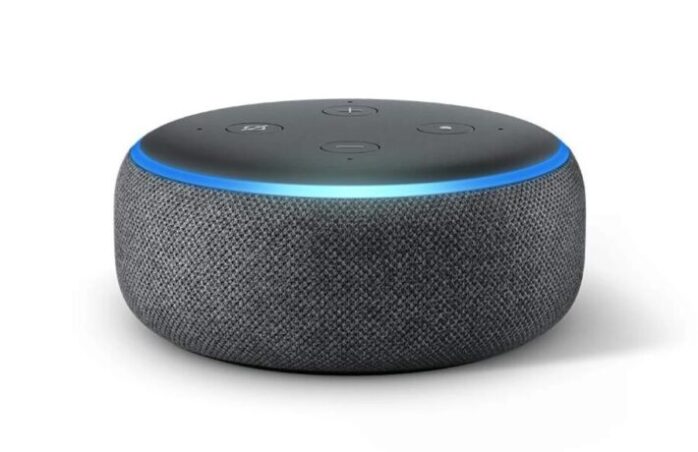
If you had shouted ‘Alexa’ at a speaker in your home before November 2014, the rest of your family might well have thought you were losing the plot.
The impact made by Amazon Echo since then has been staggering, with the device now a permanent feature in households across the world.
From playing music to streaming podcasts or searching for real-time information, Echo devices have almost become a part of the family.
While Google Assistant, Cortana and Siri all provide some stiff competition, Alexa is the cream of the crop when it comes to voice assistants.
9. Machine Learning
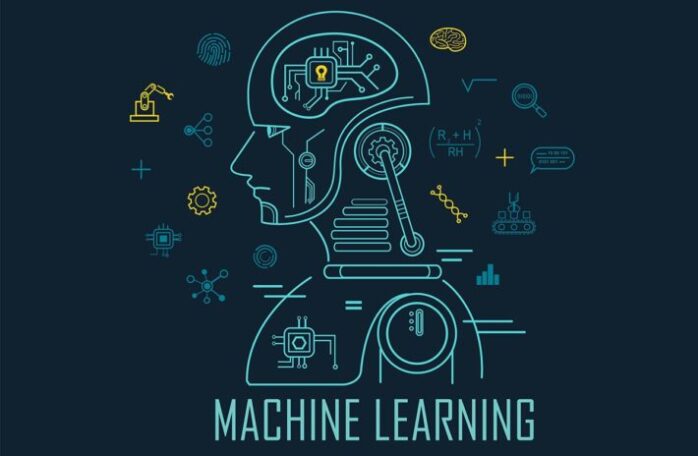
Machine learning (ML) is the study of computer algorithms that improve automatically through experience and has links with numerous other tech advancements.
These include AI, data mining, optimisation and statistics, each of which can make specified tasks run far more smoothly.
However, one of the most exciting ML developments of the past decade was the discovery that it could be used to fight cyberattacks.
It operates on real-time data to immediately identify new and emerging dangers to industrial control systems and the Internet of Things.
10. Health Trackers
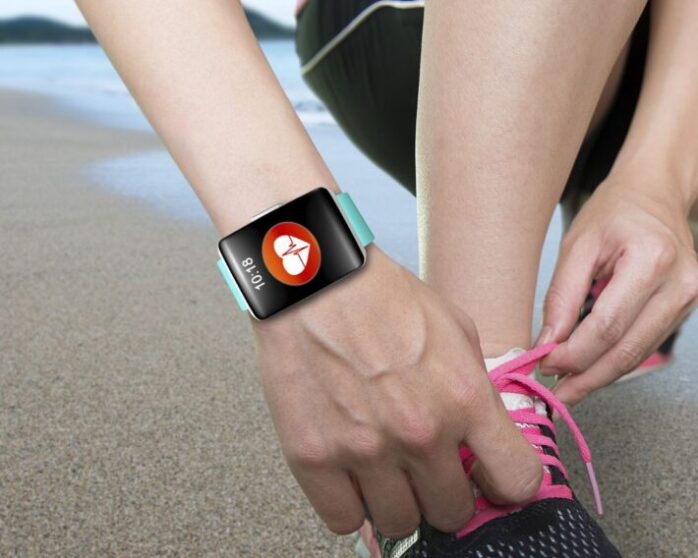
Increased awareness of the benefits of living a healthy lifestyle has led to the development of thousands of associated tech products.
One of the best products was the HeartGuide wristwatch – a wearable oscillometric wrist blood pressure monitor that was the first to receive FDA clearance.
Its key feature is a flexible synthetic band that is designed to inflate and maintain its shape when taking a blood pressure reading while remaining comfortable on the wrist.
The HeartGuide also tracks other metrics of health, including daily steps and sleep quality, all of which are supported by an educational mobile app.











